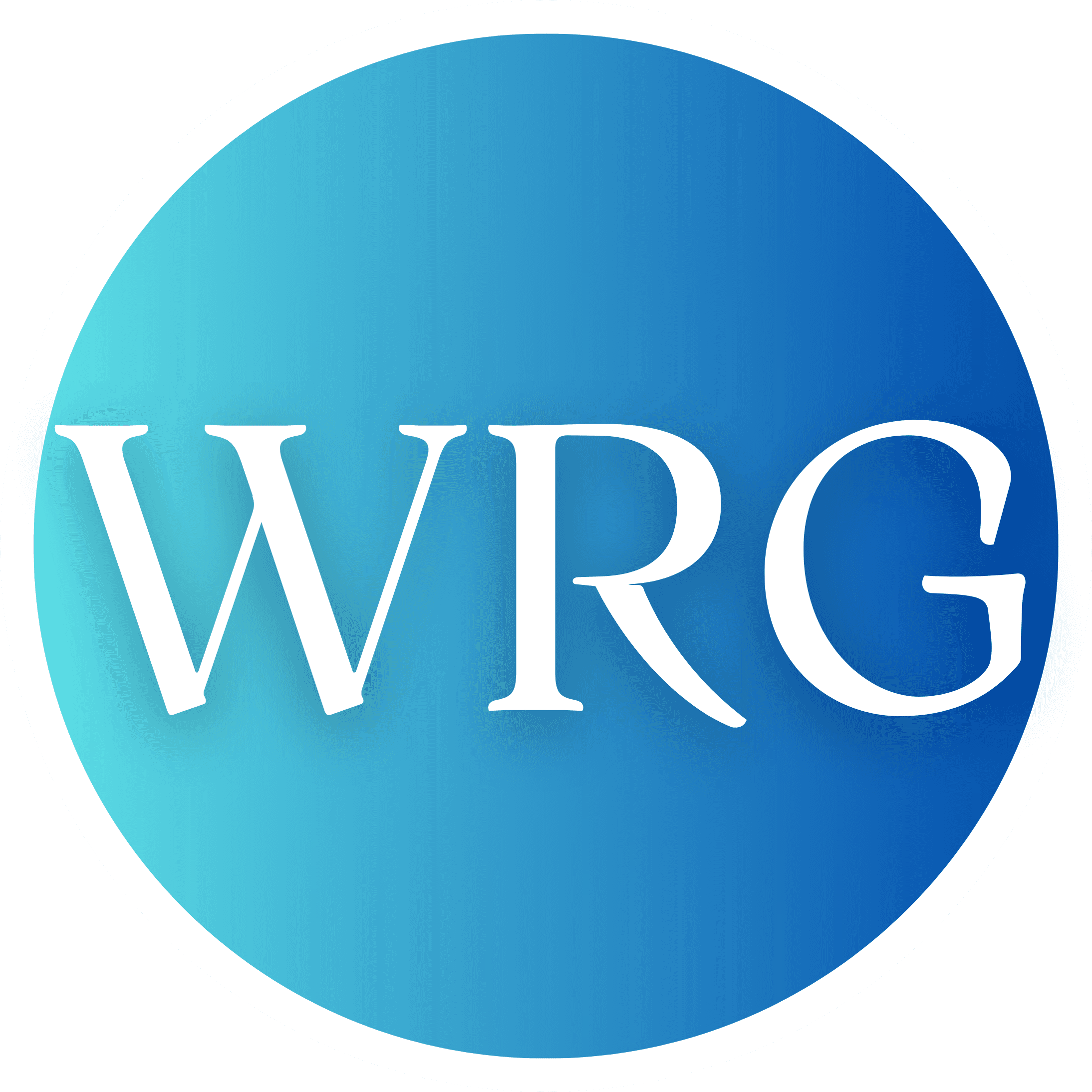A for-profit provider of affordable housing backed by asset management giant Blackrock has breached a regulatory standard.
Heylo Housing was found to be non-compliant for both governance and financial viability in a judgement published by the Regulator of Social Housing (RSH) yesterday.

Following its first ever in-depth assessment of a for-profit provider, the RSH awarded 5,000-home Heylo Housing a score of ‘G3’ and ‘V3’ for governance and viability respectively. This means Heylo does not comply with the RSH governance and financial viability standard and must work with the regulator to improve.
Heylo Housing purchases portfolios of stock through section 106 planning agreements and offers the properties through its part-rent part-buy Home Reach scheme. Last year global investment giant Blackrock acted as the majority debt provider on Heylo’s £362m acquisition of 3,000 shared ownership homes.
In the judgement RSH was critical of Heylo Housing’s business model, under which the for-profit provider leases shared ownership properties from ‘investment pods’- subsidiaries of unregistered parent Heylo Housing Group, which is in turn is owned by a firm called Manifesto Technologies.
RSH said: “We expect registered providers to have adequate control over their social housing assets so that they can manage their resources effectively to ensure their long-term viability.
“Within its current business model Heylo Registered Provider (RP) has effectively ceded control of its social housing assets to the investment pods, leaving their future susceptible to decisions driven by the interests of connected group companies.
“These arrangements pose a significant risk to Heylo RP’s ability to protect its social housing assets and ensure its long-term viability.”
RSH said it lacks assurance that Heylo has taken steps to fully identify combinations of risks and identify mitigating actions to protect its social housing assets.
>>See also: For-profit registered providers ‘could deliver 130,000 new homes in five years’
>>See also: L&G Affordable Homes hires former Heylo exec as FD
It said: “A deterioration of financial position in a group company could trigger a requirement for Heylo RP to surrender its leases.”
RSH said that its assessment had also found significant weaknesses in Heylo’s governance, including inadequate oversight of the services provided by a managing agent; weak arrangements for Heylo RP to be consulted on investment decisions; a lack of assurance that clear roles, responsibilities and accountabilities had been established for Heylo RP’s board and a lack of terms of reference, standing orders or framework of delegation and inadequate arrangements in place to obtain support from its unregistered parent.
Since the in-depth assessmenet, Heylo has commissioned an independent review of its governance arrangements and of its compliance with its code of governance.
“Within its current business model Heylo Registered Provider (RP) has effectively ceded control of its social housing assets to the investment pods, leaving their future susceptible to decisions driven by the interests of connected group companies.”
Regulator of Social Housing
RSH said Heylo has made changes to is governance arrangements to improve the support from Heylo’s parent company and has made new appointments to its board.
A spokesperson for Heylo said if RSH been able to take into account the £1bn of assets held by the wider Heylo Housing Group, and not just the properties leased by the for-profit registered provider, it would have been judged compliant on viability.
He added that the RSH is biased towards a structure where an RP is the grant recipient and controls and owns the social housing assets directly or has direct control over investment partners. But he said Heylo Housing “has a robust structure based on a long term and resilient, low risk investment model.
Andrew Geczy, chief executive of Heylo Housing, said he was “disappointed” with the judgement given the work Heylo has done to explain its “robust structure”
“Throughout the many months of the in-depth assessment process, it became clear the way that the Heylo RP fits within the unique Heylo structure was an unfamiliar one to the Regulator.
“As part of that process, the business has already undertaken several steps to address the issues raised by the regulator during the IDA process. We recognise the ongoing discussion with regards to our corporate structure and would also note that the governance issues have all been addressed since.”
Heylo Heylo Housing was formed in 2017 when it acquired an existing for-profit provider called Three Conditions. Geczy said the fact the provider was already in existence meant RSH did not review Heylo’s group structure at the time.
He said: “However, Heylo and its group of institutional investors are confident that it has been and remains a sound, well run business, with a strong financial standing over that time”



